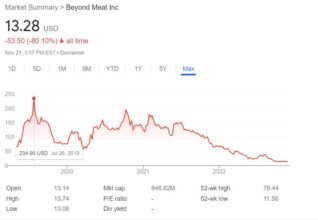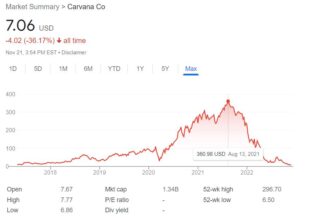We wrote this blog a few days ago, but already a lot has happened. SVB as everyone knows went into dissolution. Along with it went Signature Bank, and now First Republic has accepted capital infusions and loans to stay afloat. There will likely be others.
While SVB was dissolved, with its parts being sold off and the cash being used to cover deposits, the Fed also established a line of credit so banks could borrow against their securities to pay depositors even if those depositors had uninsured funds at SVB. The loans are good for one year. The funds do not come from taxpayers; they come from a fund established via the Dodd-Frank legislation, paid into by banks, to rescue their own. It’s a “bail-in” rather than a “bail-out”. Still, the money complicates the issue of inflation. Now that banks are failing, the Fed must inject money into the system that was previously NOT in the system, and while the loans do have to be paid back, there are questions about whether that can happen. Other questions include:
- Will the “bail-in” funds be enough to cover all the non-insured depositors that might end up in trouble?
- Which banks are next?
- Will the funds have to be paid back if a recession hits, and banks’ results are depressed anyway because of that?
- Where does the backstop of depositors stop?
- Why do we have deposit insurance limits if we are going to rescue depositors anyway?
- What happens to the Fed’s inflation-fighting interest rate path now?
We should know the answers to a couple of these questions in a few weeks. In the meantime, be sure your bank deposits are close to or below the insured limit, on the theory that it’s better to be safe than sorry. Funds can be stashed in brokerage money market funds, used to buy Treasury bills, or scattered among several banks.
__________________________________________________________________________________
Over the last two days, Silicon Valley Bank experienced steep withdrawals and booked losses on securities it had to sell, resulting in a takeover by its regulator, the FDIC. Registering as the 18th largest bank in the US and the second largest bank failure ever, SVB largely provided services to startup technology companies. Those companies deposited a lot of cash – a good thing – but SVB used the money to buy Treasury securities which are now at steep losses thanks to higher interest rates.
When the bank needed to pay higher interest rates to depositors to keep them from moving their deposits to higher-rate alternatives, it sold some of those securities at a loss to raise the cash to do so. That, in turn, spooked the market, leaving SVB bereft of cash.
Many other bank stocks reacted negatively to this event, as did the market in general. We are entering a period of fragility when we will witness breakage in the economy as a result of the Fed’s interest rate hikes. It’s difficult to know at this point whether this event will be contagious, or not. As a practical matter, if you hold significant deposits in excess of insured amounts at a single bank, you should endeavor to scatter your funds among differently-named accounts or other institutions to come inside the insurance limits. As always, let us know if you have any questions.


